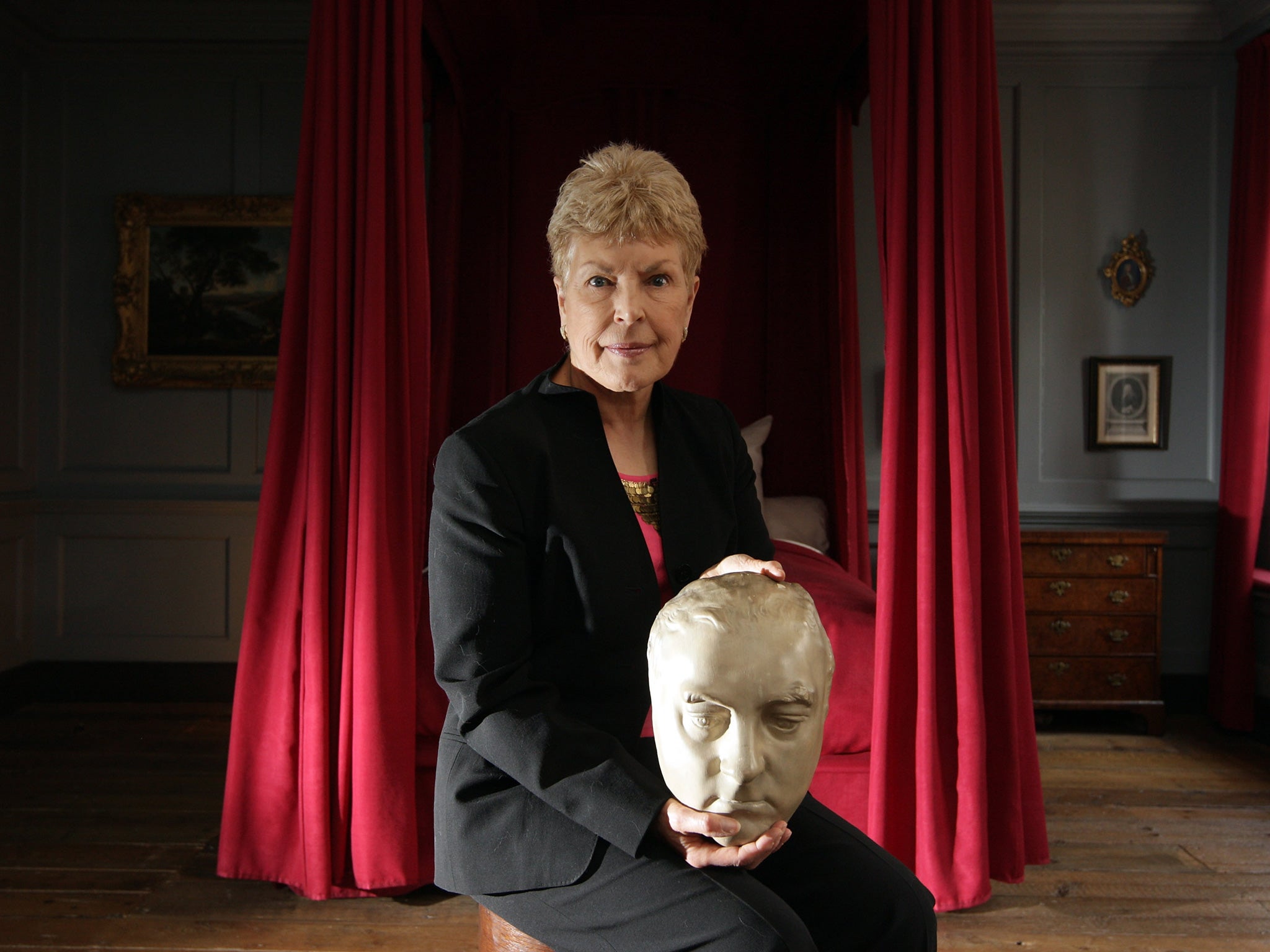Dark Corners, by Ruth Rendell - book review: A frightening farewell
Ruth Rendell’s final book reads like a twisted fairy tale – with normal people driven to do abnormal things

In one of her last interviews, Ruth Rendell told me that she would like to die writing. “Of course, one doesn’t get the chance – people don’t have deathbeds now, do they?” she said. “They either get drugged or given palliative care as they gradually disintegrate.” The words proved prophetic: in January this year the author suffered a stroke and she died four months later, in May, at the age of 85.
Rendell left behind an extraordinary legacy: more than 70 books, some of which (particularly the novels she wrote under the name of Barbara Vine) have been described by Ian Rankin as “consistently better work than most Booker winners put together”.
The title of her last, posthumously published novel, Dark Corners (a quote from Measure for Measure) is an apt one, articulating as it does Rendell’s fascination with the murkier aspects of human psychology and behaviour. “Much of the interest and terror induced by great crimes is due, not to their abnormal content, but to that in them which is normal,” she wrote in her novel Asta’s Book.
Dark Corners is full of characters who seem, on the surface, to be “normal”, but who are driven to do “abnormal” things. The novel’s hero – or rather anti-hero – is Carl, a young writer, who lives in a house in Maida Vale which he has inherited from his father, a hoarder of herbal medicines and alternative supplements. After selling a batch of slimming pills to his actress friend, Stacey, a transaction that causes her death, Carl is subsequently blackmailed by his tenant, Dermot.
“No one had ever been afraid of Dermot before, or not to this degree,” Rendell writes, “and it gratified him to have caused someone this amount of fear without violence or even the threat of it.” It is power that thrills Dermot, who first expects to live in Carl’s house for free and then begins to make greater demands on him. As a churchgoer he believes that he occupies a higher moral ground than Carl and even suggests that his landlord should not live with his girlfriend Nicola. “I don’t call it living in sin, that would be to go too far,” he tells him, “but it is – to put it plainly – wrong.”
After months of psychological torture, Carl is finally driven to murder, but afterwards he feels “no guilt, no regret”, only relief.
The other storyline of the novel focuses on Stacey’s friend, Lizzie, another monster masquerading as a normal human being. Only Lizzie’s father, Tom, who spends his days travelling by bus around London, seems to realise the true nature of her personality – “he felt for his daughter what no father should feel: a kind of sorrowful contempt”.At first, Lizzie’s misdemeanours seem small and insignificant – she lets herself into Stacey’s Primrose Hill flat with a spare key with the intention of taking away a valueless object such as a ballpoint pen or a paperweight, substituting these with a black-and-white plastic napkin ring. “Doing this – and she often did it – gave her a sense of power. People thought their lives were private and safe, but they were not.” But as Lizzie’s habit of appropriation reaches pathological proportions so it begins to threaten her very existence.
Dark Corners is written in a deceptively simple manner, and at times it reads like a twisted fairy tale. The pace is quick and although it hardly takes any time to read – I finished it in two sittings – it leaves an uneasiness behind like a dark stain on the consciousness. Towards the end of the book, in a metatextual aside, Rendell writes of Carl’s struggle to complete his second novel. “Remembering Raymond Chandler’s advice to authors that, when at a loss, they should have a man come into a room with a gun, Carl introduced scenes of violence in order to liven up his story.” Rendell had no need to sink so low. The violence in Dark Corners is the violence that stems from the mundane and the ordinary, and it is all the more frightening because of that.
Andrew Wilson is the biographer of Patricia Highsmith
Subscribe to Independent Premium to bookmark this article
Want to bookmark your favourite articles and stories to read or reference later? Start your Independent Premium subscription today.

Join our commenting forum
Join thought-provoking conversations, follow other Independent readers and see their replies